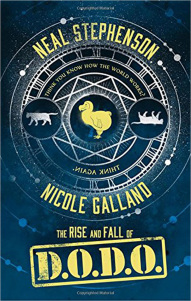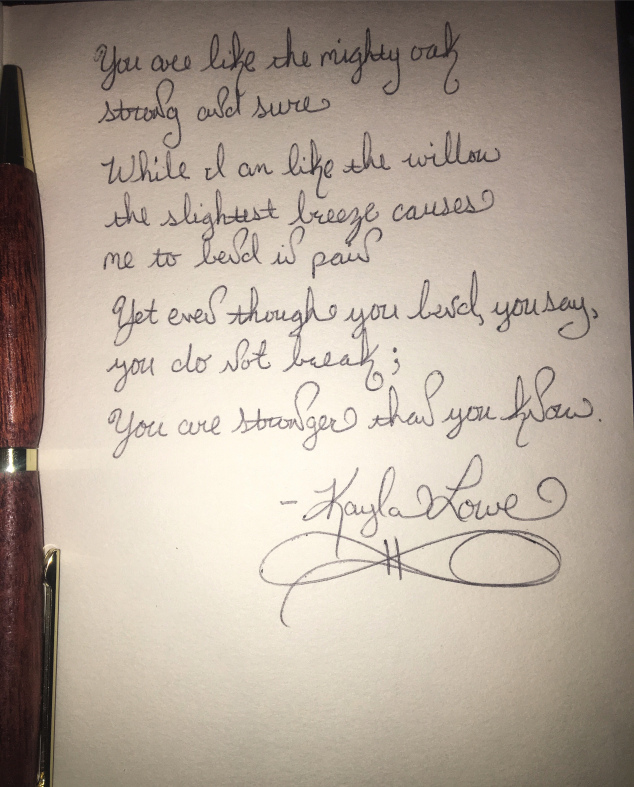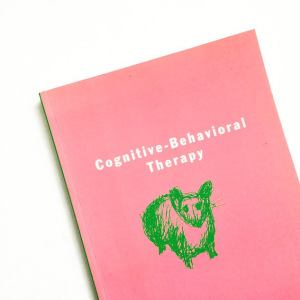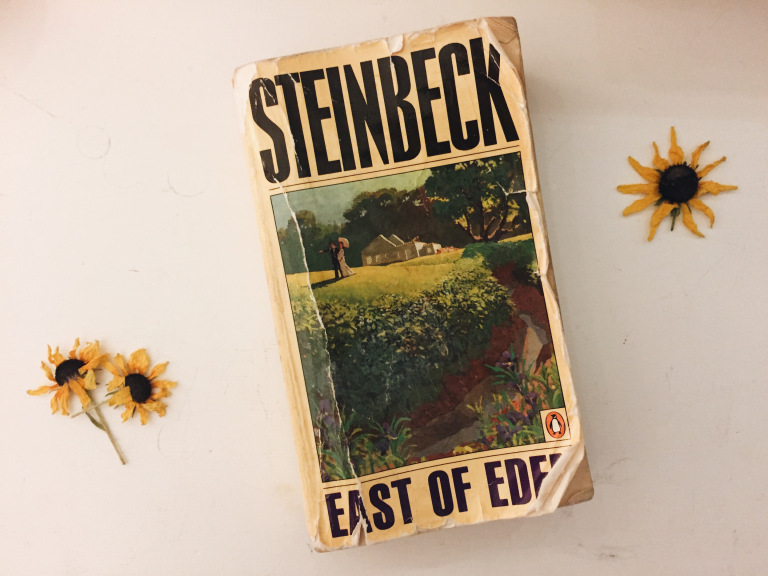
Genre: science fiction / science fantasy
Melisande is a linguist, unhappily doing research under a shitty boss, until she meets a dashing fellow who presents her with an offer she can’t refuse. Thousands of old manuscripts need translating for a shadowy government institution named DODO. These manuscripts all contain mentions of people doing magic, and the last and final mention of magic is dated back to 1851. Then starts a Dan Brown-like adventure of magic, time travel and the burgeoning growth of the DODO department.
Our heroes have unconventional, adventurous names such as Tristan and Melisande, evoking the sense that this is a quirky tale full of derring-do. The science is, for a Neal Stephenson novel, extremely simplified to where it is just a collection of interesting ideas in service of a fantasy time travel voyage. So, beware for those hoping for another Seveneves or Anathem. This is not a regular Stephenson novel. Also, and I guess that this is the input of co-writer Nicole Galland, the characters and dialogue are a bit quirky. It’s as if Stephenson wrote the text first, and then Galland went over it like a Photoshop filter to warp the whole thing with witty remarks and emotionally expressive dialogue.
The result is quite an entertaining story and a pleasurable read. The dialogue is light and breezy, although sometimes a bit too much; a bit heavy on the wit and references: “he was treating me as his personal R2D2“, and a bit blunt about how we readers should regard this: “I felt as if I was on the set of a low budget sci-fi flick.” Uuuueeehhh it’s so meta!!! Thanks for telling me exactly how I should feel about it. It’s the story shouting: look how cool and hip I am, while grasping for ways of bringing over the right atmosphere.
Actually, it got worse; after only a hundred pages I got thoroughly annoyed with Melisande’s narration. She talks like an annoying teenager, saying lines such as “I mean really, WTF” and interrupting the story to say things like “and that was when I noticed that Tristan had a cute butt.” I don’t remember Stephenson writing like that, so it must be Galland’s influence. By the time that I got to a part that had the words “mansplanation”, “bro”, “-’tude” and “webinar” on a single page, I was ready to throw the book out the window. While the narration feels totally unlike Stephenson, familiar themes do crop up from his previous novels, like the many universes theory (from Anathem) and a focus on ancient languages (Snow Crash).

Nevertheless, the story itself is fast paced and consistently entertaining. It is quite hard to pin down. In essence it is a time travel novel, but the story moves very quickly from one situation to the next, always driving forwards, permutating into something new, yet without feeling rushed. Just as I got over the annoying try-hard narration and was thoroughly enjoying the story again, Tristan and his team make all sorts of nonsensical decisions about a totally bonkers time travel goal. Reading this novel is surely a rollercoaster, going back and forth between joy and annoyance.
Even though the story doesn’t make a lick of sense – characters making things difficult for themselves – when we travel to the past the writing is suddenly a lot better. I suspect that Nicole Galland, a historical fiction writer, felt more in her comfort zone with those scenes, and for the science fiction parts in modern times she needed Neal Stephenson’s input and that collaboration resulted in some overwrought, cramped writing.
Halfway through, most of the straight storytelling stopped and the growth of DODO is chronicled in notes, emails, congressional hearings, policy documents and so on. Wonderfully entertaining if you ever worked in a large organisation, the excessive bureaucracy of DODO is farcical. As for the story, it’s rather ridiculous how the opening frame of Mel being stuck in the past is all but discarded by the authors by this point. Maybe they just emailed each other made-up DODO bulletins for a few years until they had a few hundred pages of material.
This is a glass half full or glass half empty situation. I choose to say that every annoyance in this book was compensated by new funny, delightful turn in the story, instead of looking at it the other way around. It has many flaws and the negative reactions do not surprise me. Still, I think Stephenson and Galland had a lot of fun writing this and I could immerse myself into the spirit of it.
8/10
Advertisements Share this:





